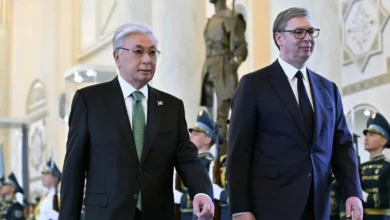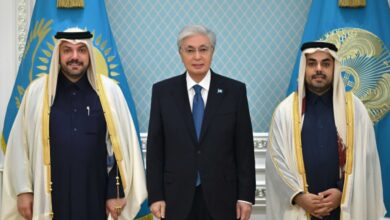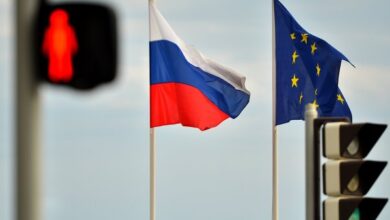
The rally, which initially sparked clashes with law enforcement resulting in one officer’s injury and around 20 protester detentions, saw riot police resorting to tear gas to prevent demonstrators from occupying the parliament’s service entrance.
Following negotiations, protesters eventually cleared the area surrounding the legislative building. Law enforcement subsequently removed cordons and reopened nearby streets. Although a group of over 100 protesters lingered on Chichinadze Street, they dispersed peacefully after police unblocked access.
The protest emerged in response to the ruling party’s decision to reintroduce the “On Transparency of Foreign Influence” bill to parliament. This move, mirroring last year’s contentious initiative that triggered widespread public outcry and ultimately stalled, sparked renewed opposition. While the bill’s terminology shifted from “agent of foreign influence” to “organization pursuing the interests of a foreign power,” critics, including President Salome Zurabishvili, the opposition, and diplomatic entities, fear its implications for Georgia’s European Union integration efforts.
The concept of a foreign agents law is not unique to Georgia. Such legislation exists in Russia, select Western nations, Australia, Israel, and China, with the United States pioneering such measures in 1938. Australia adopted a foreign influence transparency system in 2018, while Israel and China have laws regarding NGO funding transparency since 2016 and 2017, respectively. In 2023, the UK implemented an updated national security law affecting NGO operations, with France considering similar legislation.
Kyrgyzstan also passed a foreign agents law, joining the ranks of countries grappling with balancing national security concerns and foreign influence transparency.



